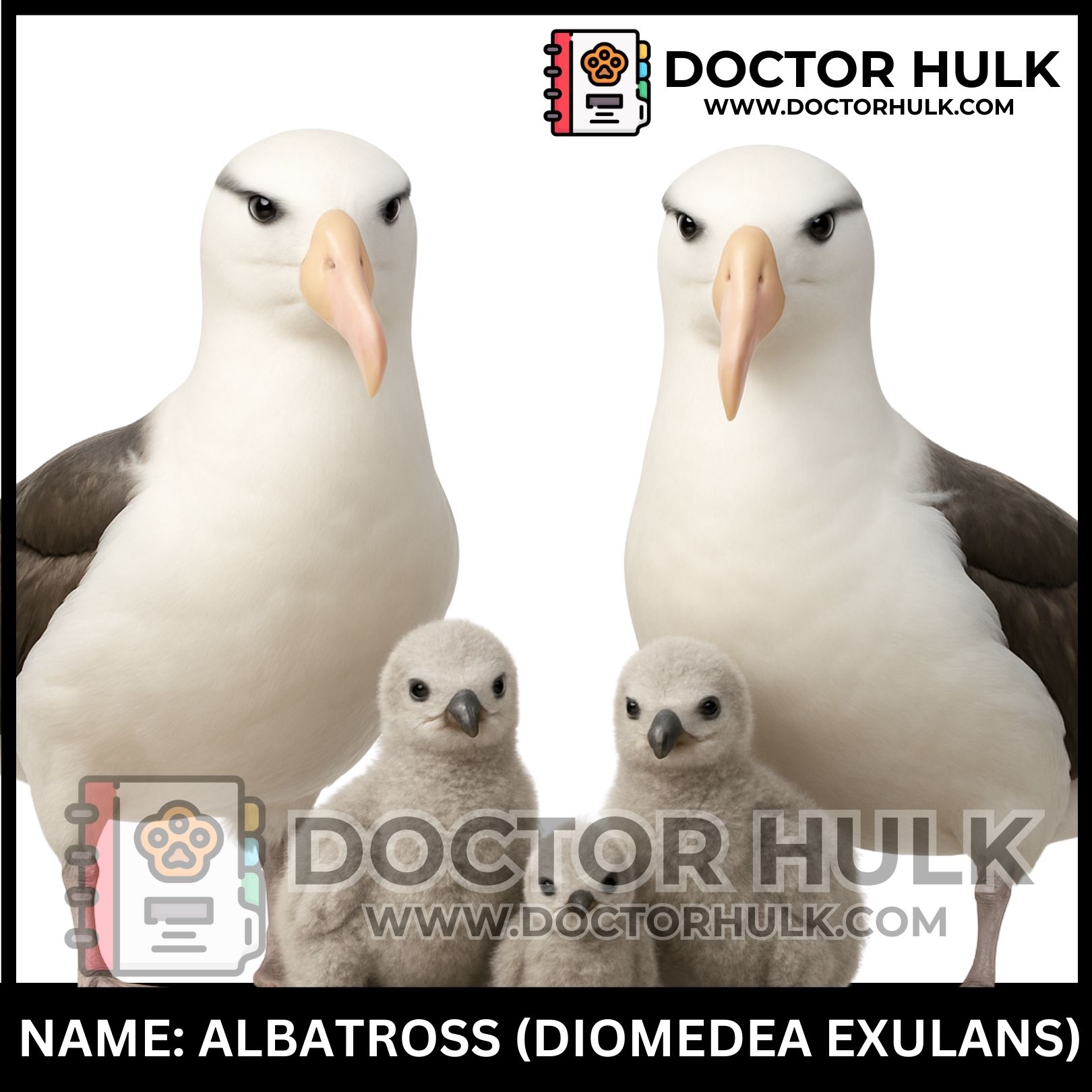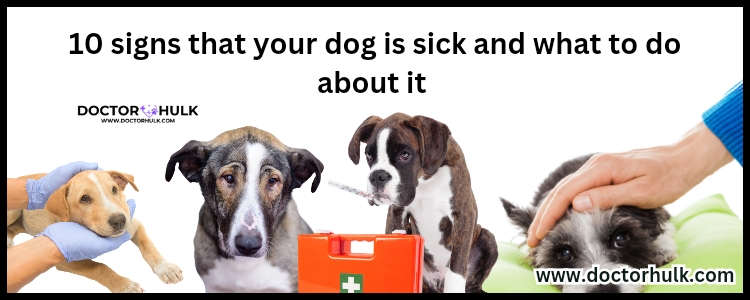As a responsible dog owner, it’s essential to recognize when your dog isn’t feeling well. Understanding the signs of illness can help you act quickly and provide your dog with the best possible care. Here are 10 common signs your dog may be sick, along with what to do if you notice them.
1. Loss of Appetite

Image showing a sick dog with loss of appetite (source: shutterstock)
If your dog suddenly refuses to eat or shows little interest in food, this may be a sign of illness. It could indicate digestive issues, infection, or pain
What to Do: Monitor for other symptoms. If your dog refuses to eat for more than 24 hours, consult us at Medipair Veterinary Hospital or call +2348143397614.
2. Vomiting or Diarrhea
Occasional vomiting or diarrhea may not be a cause for concern, but if it persists, it can lead to dehydration and could point to more serious issues like infections or parasites.

Sick dog vomiting (source: Shutterstock)
What to Do: Ensure your dog stays hydrated and restrict food intake for 12-24 hours. If vomiting or diarrhea persists, bring your dog to us at Medipair Veterinary Hospital or call +2348143397614.
3. Lethargy or Weakness
If your dog suddenly becomes unusually tired or reluctant to move, it could be a sign of pain, fever, or infection.

Sick dog lying very weak on the ground (Shutterstock)
What to Do: Rest your dog in a quiet area, and monitor for additional symptoms. If lethargy lasts more than 24 hours, visit us at Medipair Veterinary Hospital or call +2348143397614.
4. Excessive Thirst or Urination
Increased thirst or urination can be symptoms of kidney disease, diabetes, or urinary tract infections.

Image showing a sick dog with coloured urine (source: shutterstock)
What to Do: Keep track of the frequency of drinking and urination. If it continues for several days, consult us at Medipair Veterinary Hospital or call +2348143397614.
5. Coughing or Difficulty Breathing
Persistent coughing or trouble breathing can indicate respiratory issues, such as kennel cough, heart disease, or pneumonia.

Image showing a dog coughing (source: alarmy images)
What to Do: If the coughing is continuous or accompanied by wheezing, a vet visit is essential. Visit us at Medipair Veterinary Hospital or call +2348143397614.
6. Skin Issues or Hair Loss
Itchy, irritated skin, hair loss, or lumps may point to allergies, infections, or even parasites like fleas or ticks.

Image showing a dog with skin issues (source: shutterstock)
What to Do: Examine your dog’s skin for parasites. If symptoms persist, consult a vet for treatment options. Reach out to us at Medipair Veterinary Hospital or call +2348143397614.
7. Change in Behavior
A sudden change in behavior, such as increased aggression or fear, can indicate pain, anxiety, or neurological issues.

Dog with sudden change in behavior to owner (source: iStock images)
What to Do: Observe your dog’s behavior carefully. If the changes continue, seek professional advice. Reach out to us at Medipair Veterinary Hospital or call +2348143397614.
8. Bad Breath or Drooling
Foul-smelling breath can be a sign of dental problems, while excessive drooling may indicate nausea or a more severe issue like poisoning.

Image showing a dog with bad breath (source:123rf images)
What to Do: If your dog’s breath smells foul, schedule a dental check-up. Excessive drooling should prompt a vet visit immediately. You can reach out to us at Medipair Veterinary Hospital or call +2348143397614.
9. Limping or Difficulty Walking
Limping can be a sign of injury, arthritis, or other joint issues. Older dogs, in particular, may suffer from conditions like hip dysplasia.

Image showing limping (source: shutterstock)
What to Do: Limit activity and keep your dog comfortable. If limping persists for more than 24 hours, take your dog to the vet. You can visit us at Medipair Veterinary Hospital or call +2348143397614.
10. Swelling or Bloating
Bloating, particularly in deep-chested dogs, can be a life-threatening condition called gastric torsion. Swelling anywhere on the body may also be due to infections, tumors, or injuries.

Image showing a dog with a swollen face (source: alarmy images)
What to Do: Swelling or bloating is an emergency. Take your dog to the vet immediately. You can bring your dog to us at Medipair Veterinary Hospital or call +2348143397614.
Recognizing the signs of illness in your dog is important for ensuring their health and well-being. If you notice any of the symptoms mentioned above, it’s important to act quickly. Prompt action and seeking veterinary care can make all the difference in your dog’s recovery. Keep your dog comfortable and consult a vet whenever necessary. Remember, early detection leads to better outcomes!








